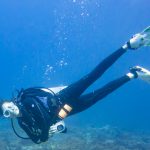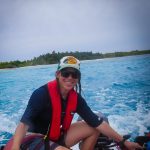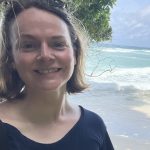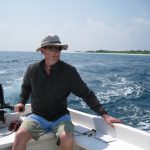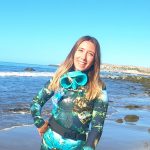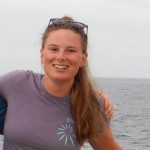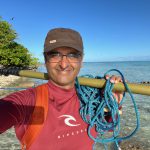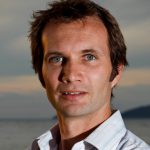Implications of Nutrient Flow and Feedback Across the Seabird-Island-Reef System
Project Overview
This project brings together a new multidisciplinary team to understand the importance of seabird nutrient subsidies to nutrient cycling and effects on and among island ecosystems, coral reef ecology, and coral reef geomorphology. Key to this integrated approach is to understand and quantify the feedback loop between islands and reefs and back to islands. The project will expand geographically to include work in the Chagos Archipelago, Seychelles, and French Polynesia, and will incorporate islands with recent and ongoing rat eradication programs. Three interlinked work packages will assess the influence of seabird nutrient subsidies on:
1) island ecology, biogeochemical cycling and export
2) coral reef spatial nutrient patterns, trophic propagation, and recovery trajectories
3) reef growth and island sediment supply critical to mitigating the impacts of sea-level rise.
The potential for pest eradication in island and coral reef conservation has garnered momentum and the resulting understanding of nutrient feedback loops through the seabird-island-reef system will support tropical island conservation and restoration.
Eradicating invasive rats and restoring habitat on tropical islands is likely to cause an increase in seabirds populations, and the nutrients they deliver will enhance island nutrient cycling, coral reef ecology and reef geomorphological feedbacks back to islands.
Key Facts
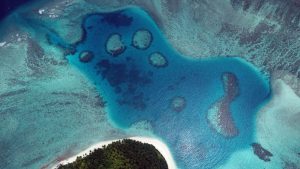
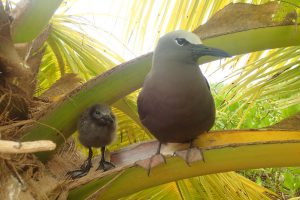
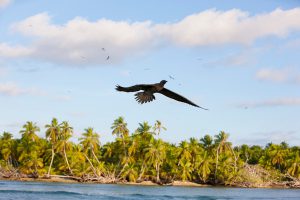
Publications
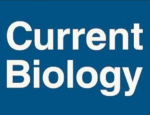
Species Eradication for Ecosystem Restoration
Graham, N.A.J., Benkwitt, C.E., Jones, H.P. (2024). Species eradication for ecosystem restoration. Current Biology.

Island Restoration to Rebuild Seabird Populations and Amplify Coral Reef Functioning
Dunn, R.E., Benkwitt, C.E., Maury, O., Barrier, N., Carr, P., Graham, N.A.J. (2024). Island restoration to rebuild seabird populations and amplify coral reef functioning. Conservation Biology.

Seabird Nutrient Subsidies Enrich Mangrove Ecosystems and are Exported to Nearby Coastal Habitats
Appoo, J., Bunbury, N., Jaquemet, S., Graham, N.A.J. (2024). Seabird nutrient subsidies enrich mangrove ecosystems and are exported to nearby coastal habitats. iScience.
Seabird diversity and biomass enhance cross-ecosystem nutrient subsidies
Benkwitt, C.E., Carr, P., Wilson, S.K., Graham, N.A.J. Seabird diversity and biomass enhance cross-ecosystem nutrient subsidies. Proceedings of the Royal Society B

